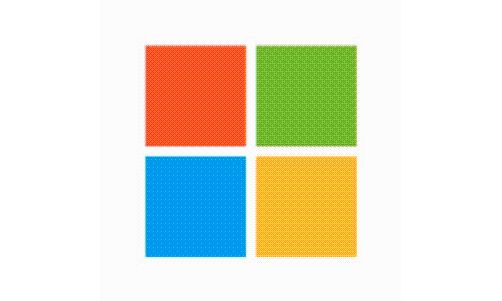The use of video walls is on the increase across multiple sectors, particularly in public safety, mission control, and leisure. If the technology hasn't yet made it into your workplace, you might be wondering why they suddenly seem so important.
The truth is that, because of the way video walls work, they have the power to improve efficiency and increase collaboration in the industries that need it most. Read on for all you need to know. We'll cover information on what video walls are and exactly how they could benefit your company.
What Is a Video Wall?
Video walls come in various guises. Some are small with minimal capabilities while others are large and high-tech. However, what unites them is the fact that all video walls are digital surfaces that are made up of two or more screens.
In certain settings, video walls may display a single, coherent visual image or video. This tends to be the case in entertainment, education, and other sectors that deal directly with the public. But, elsewhere, they are used to display a wide variety of information across different monitors. This allows all individuals in a workspace to see everything they need to at once.
Workforces that all have eyes on critical information as it updates are usually far better equipped to work together towards a unifying target. As such, mission control teams are most likely to rely on this sort of video wall technology.
How Does a Video Wall Operate
So, it is evident that video walls have a wide variety of applications. As such, they are used in a lot of installations. When it comes to mission control, for example, you might expect to see them in space stations and large-scale security operations. With their customizable, tiled screens, key information can be displayed and altered in full view of all team members.
They may also be used in other environments. These include office areas and receptions, conference rooms, sports stadiums, traffic information displays, and department stores. In each setting, video walls will have very different roles to play. Still, they all operate in roughly the same way.
Video walls need a video wall display controller. These video wall controllers are often called processors or processing devices. As the name suggests, they work to process the input signals from one or more sources. In doing so, they turn them into output signals that display as visual information across part or all of a video wall's screens.
There are plenty of different video wall controllers to choose from. Ideally, though, you should opt to invest in one that offers easy modification features. In addition, it is crucial that whichever product you end up purchasing can be controlled by as many users and for as many hours as you need.
How Can Video Walls Improve Your Efficiency?
There are plenty of video wall advantages that you can look forward to, no matter what sector you work in. The video wall you choose may only need to be small and made up of no more than two screens. Or, it could be made up of hundreds of screens and dominate a workspace. Regardless, they can bring significant benefits.
The exact benefits will depend largely on each company's industry and the exact reasons they need a video wall. But, generally speaking, all organizations can expect to experience the following video wall advantages.
More Information
Workforces need information to function at their best. Whether all employees are required to work from the same displays or they need to share facts and figures with the public fast, video walls are the best way to do so. With multiple users having eyes on more information, they can perform all necessary tasks precisely as and when they're needed.
Collaboration
It's not just individual workers who stand to benefit from a brand new video wall. Workforces as a whole are likely to be far more productive with a centralized information hub. Together, as new information becomes available, they can react as a unit in real time. This sort of teamwork is essential for hitting targets and meeting deadlines.
Ultimately, this is an advantage that can improve efficiency in the long run. And, with improved efficiency inevitably comes more valuable work. Thus, in helping teams to work better individually and together, video walls allow businesses to stimulate cash flow.
Who Would Benefit Most From Video Wall Technology?
We've already covered some of the sectors that could stand to benefit from video wall technology. The areas that are likely to reap the most rewards, though, include simply displaying vital information for visitors. Or, perhaps in displaying details for security personnel to work from. Either way, the process of sharing can be streamlined with the help of one or more video walls.
Other examples include displaying information that multiple operators can process and make decisions from at once and even displaying information for amusement.
Frequently Asked Questions
Video walls are important for all sorts of different reasons. If you want to better understand why then read on. You'll find our answers to some of the most frequently asked questions about video wall technology.
What Is a Video Wall?
A video wall is a type of digital display made up of two or more monitors. They can present information from multiple sources side-by-side and are easily customizable, making them ideal for many different workplace environments.
Why Do We Use a Video Wall?
You might want to use a video wall if the smooth-running of your workplace relies on the fast and efficient sharing of information. This could either be between workers who are all working towards a shared goal or with the public.
How to Select the Right Video Wall?
Selecting the right video wall is all about considering which video wall advantages your workforce stands to benefit most from. Whether you need one to make individual workers more productive or improve overall collaboration, there are options for you.















